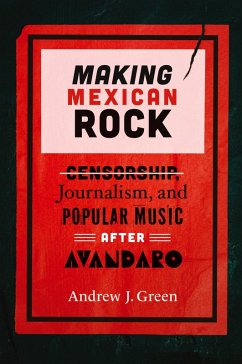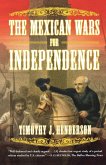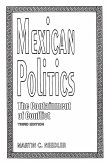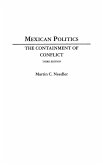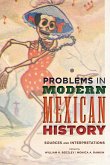The history of Mexican rock is one of censorship. A number of cultural histories recount how rock was repressed, censored, and marginalized by Mexico's single-party regime in the twentieth century, often focusing on the authoritarian crackdown that followed a mediatized moral panic after the Avándaro Festival of 1971. The popular 2020 Netflix documentary Break It All, for example, positions Mexican rock as a potent expression of resistance in the late twentieth century, forging a strong association with Mexico's transition away from authoritarian rule and toward neoliberal democracy. Yet in light of the failures of successive democratically elected governments in Mexico, these histories are worth critically revisiting and updating. What stories about music censorship can be told after Mexico's transition to multi-party democracy? Placing history and ethnography into dialogue, Making Mexican Rock explores historical and recent experiences of censorship and repression against popular music, focusing on the independent rock scene (or "escena independiente") in Mexico City. Informed by the so-called new censorship theory, ethnomusicologist Andrew J. Green challenges historical accounts that equate acts of censorship with state activity. The open-ended account of censorship assumed here helps us to understand, instead, how conceptions of censorship and expressive freedom transformed toward the end of single-party rule; how practices of policing live rock adapted to neoliberal securitization; and how histories of rock censorship have been invoked by those seeking to construct and protect emergent music scenes. Making Mexican Rock thus both decenters histories of music censorship from the state, and extends them into the country's recent history.
Hinweis: Dieser Artikel kann nur an eine deutsche Lieferadresse ausgeliefert werden.
Hinweis: Dieser Artikel kann nur an eine deutsche Lieferadresse ausgeliefert werden.

